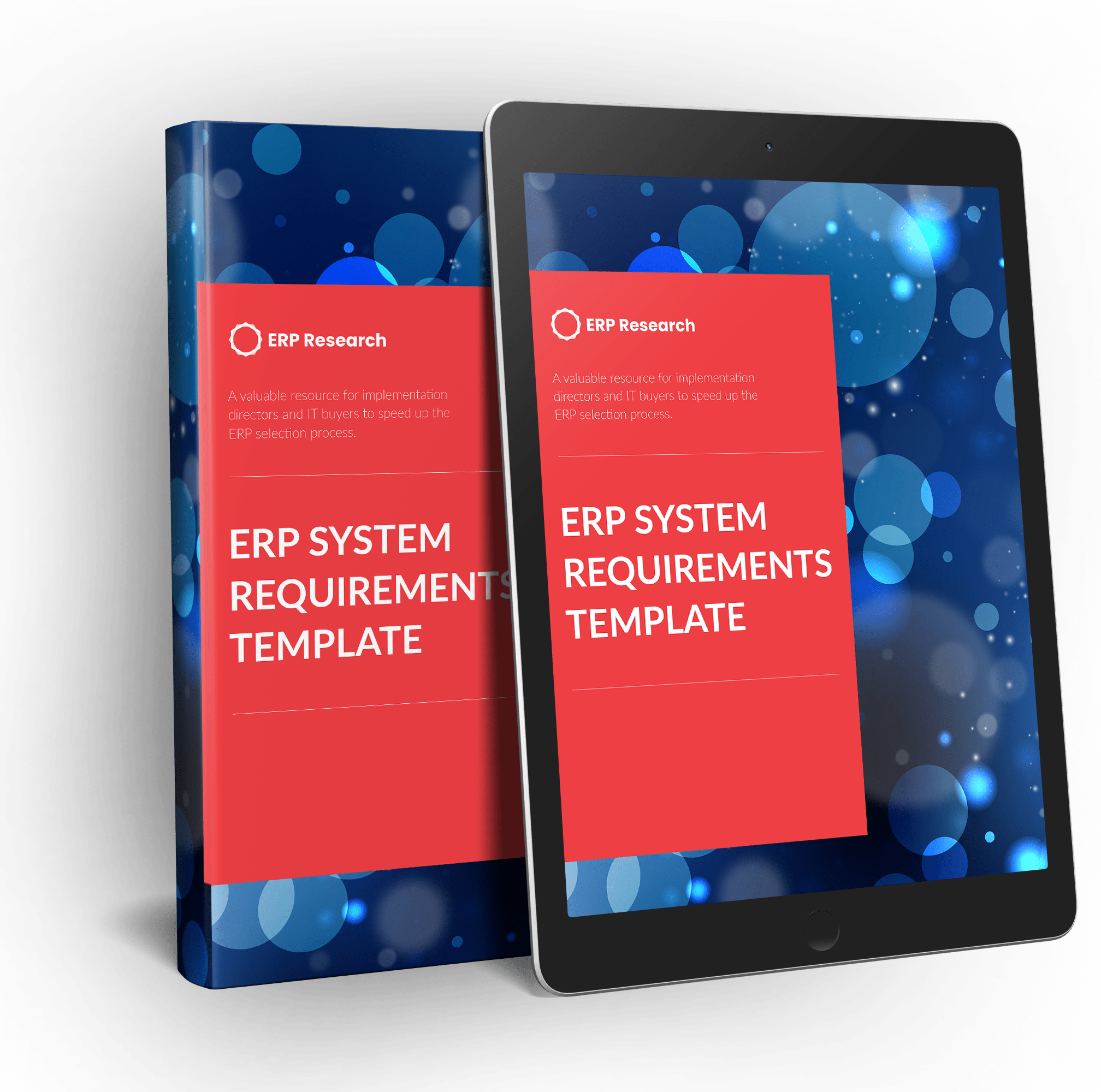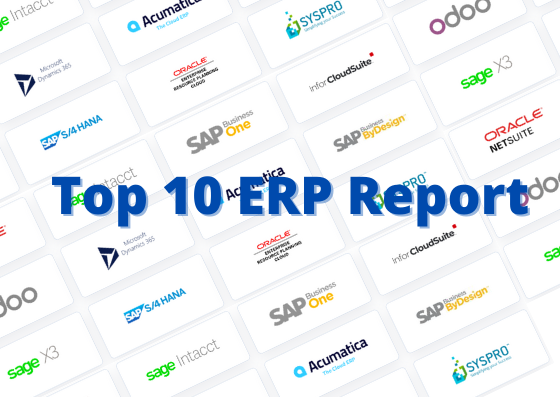
SAP Business One for Retail
SAP BUSINESS ONE FOR RETAIL GUIDE
What is SAP Business One for Retail?
SAP Business One for Retail is a comprehensive, integrated business management solution designed specifically for small to medium-sized retail businesses. It is built on the robust SAP Business One platform, which is widely used by businesses across various industries. The retail-specific version is tailored to meet the unique needs of retailers by offering specialized features and functionalities.
SAP Business One for Retail aims to streamline business processes, improve efficiency, and provide better visibility and control over operations. Key features of this solution include:
- Point of Sale (POS) Integration: The solution integrates seamlessly with popular POS systems to streamline sales transactions, reduce human errors, and improve overall efficiency. This integration allows retailers to manage pricing, promotions, discounts, and tax calculations automatically. Additionally, the POS data can be utilized for real-time inventory updates, helping businesses maintain accurate stock levels.
- Inventory Management: SAP Business One for Retail offers advanced inventory management tools, such as serial and batch tracking, multiple units of measure, and multi-warehouse support. The system enables retailers to set up automated alerts for low stock levels and manage product transfers between stores or warehouses. The solution also supports demand forecasting, which helps retailers make informed decisions about inventory replenishment.
- Multi-Store Management: With the centralized management capabilities of SAP Business One for Retail, businesses can easily oversee their entire retail chain, including sales, inventory, pricing, and promotions. This holistic view allows for better decision-making and resource allocation across all locations. The system also supports multi-currency and multi-language features, making it suitable for international retailers.
- Customer Relationship Management (CRM): The CRM module in SAP Business One for Retail enables businesses to track customer interactions, purchase history, and preferences, facilitating personalized marketing campaigns and targeted promotions. Retailers can also create and manage customer loyalty programs, further enhancing customer retention and driving repeat business.
- Financial Management: The solution offers a comprehensive financial management suite, including accounts payable and receivable, general ledger, cash management, and bank reconciliation. SAP Business One for Retail also supports flexible tax management, allowing retailers to handle different tax rates and regulations across multiple jurisdictions.
- Business Intelligence and Reporting: SAP Business One for Retail includes a powerful business intelligence (BI) and reporting module that provides real-time insights into key performance indicators (KPIs), such as sales, inventory turnover, and gross margin. Retailers can create customized reports and dashboards to analyze data and make informed decisions. The solution also supports integration with third-party BI tools, such as Microsoft Power BI and Tableau.
- E-commerce Integration: The solution can be integrated with popular e-commerce platforms, such as Magento, Shopify, and WooCommerce, allowing retailers to manage both brick-and-mortar and online sales channels seamlessly. This integration enables real-time synchronization of inventory, pricing, and customer data between the physical and online stores, ensuring a consistent and accurate experience for customers.
- Mobility: The SAP Business One mobile app provides retailers with access to critical business information and functionalities, such as sales orders, inventory management, and customer data, from anywhere, at any time. This enables retail business owners and managers to stay connected and make informed decisions on the go.
By leveraging these advanced features and capabilities, SAP Business One for Retail can help retail businesses achieve operational efficiency, drive sales, and enhance customer satisfaction, ultimately contributing to improved profitability and growth.
What features and modules does SAP Business One offer for Retail?-
Point of Sale (POS) Integration: SAP Business One for Retail can integrate with various POS systems, allowing retailers to efficiently manage sales transactions, inventory updates, pricing, and customer data in real-time.
-
Inventory Management: This module offers advanced inventory management tools such as multi-warehouse support, demand forecasting, automated alerts for low stock levels, and product transfers between stores or warehouses. It also supports serial and batch tracking, multiple units of measure, and real-time inventory updates.
-
Multi-Store Management: The solution allows retailers to centrally manage and monitor multiple store locations, providing a holistic view of sales, inventory, pricing, and promotions. This helps businesses make informed decisions and allocate resources effectively across their retail chain.
-
Customer Relationship Management (CRM): The CRM module helps retailers manage customer data, track sales history, create targeted marketing campaigns, and enhance customer loyalty through personalized promotions and loyalty programs.
-
Financial Management: SAP Business One for Retail includes a comprehensive financial management suite that covers accounting, budgeting, financial reporting, and analytics. This module also supports flexible tax management for handling different tax rates and regulations across multiple jurisdictions.
-
Business Intelligence and Reporting: The solution provides powerful reporting and analytics tools that help retailers gain insights into business performance, identify trends, and make data-driven decisions. Customized reports and dashboards can be created to analyze key performance indicators (KPIs) such as sales, inventory turnover, and gross margin.
-
E-commerce Integration: SAP Business One for Retail can be integrated with various e-commerce platforms, enabling retailers to manage both their physical and online stores seamlessly. This integration ensures real-time synchronization of inventory, pricing, and customer data between the brick-and-mortar and online sales channels.
-
Mobility: Retailers can access real-time data and manage their business operations on-the-go using mobile apps designed for SAP Business One, ensuring they stay connected and informed at all times.
-
Sales and Distribution: This module streamlines sales and distribution processes, including order management, invoicing, and returns management. It also offers tools for managing sales quotations, contracts, and commissions.
-
Purchasing and Procurement: SAP Business One for Retail supports efficient procurement processes by managing purchase orders, goods receipts, supplier invoices, and payment processing. The module also includes tools for vendor management and purchase planning.
How much does SAP Business One for Retail cost?
The cost of SAP Business One for Retail can vary depending on several factors, such as the size of your business, the number of users, the scope of the implementation, and any additional customizations or integrations required. There are two main components to consider when estimating the cost of SAP Business One for Retail:
-
Software licensing: SAP Business One offers two types of licenses: Professional and Limited. Professional licenses provide full access to all functionalities, while Limited licenses are tailored to specific roles, such as finance, logistics, or CRM. The cost per license can range from a few thousand dollars for Limited licenses to several thousand dollars for Professional licenses. It's essential to assess your business's needs and choose the appropriate licenses for your users.
-
Implementation and support: Implementing SAP Business One for Retail usually involves a one-time setup fee, which covers installation, configuration, data migration, training, and customization. This cost can vary significantly based on the complexity of your business processes, the number of locations, and the level of customization required. Additionally, ongoing support and maintenance fees may be charged on an annual basis, which can be a percentage of the total software licensing cost.
It's also worth noting that SAP Business One for Retail can be deployed either on-premise or in the cloud. The cloud-based option is typically offered as a subscription-based model, where you pay a monthly fee per user, which includes software licensing, hosting, and support services. This option can be more cost-effective for some businesses, especially those with limited IT resources or those looking for a scalable solution.


